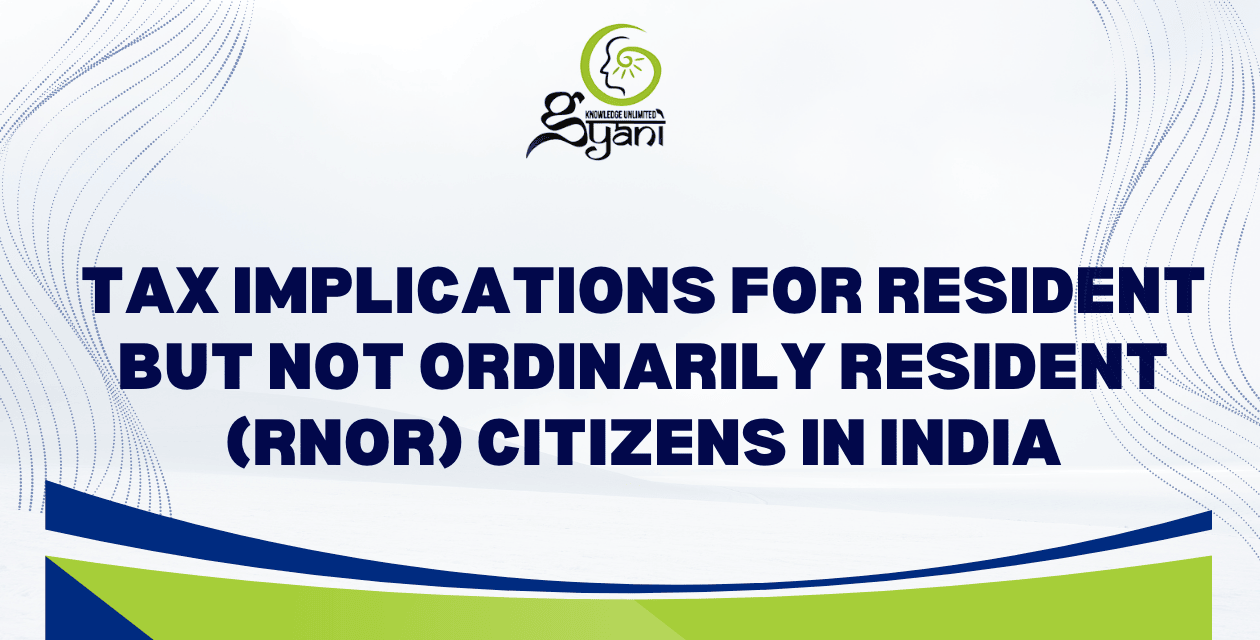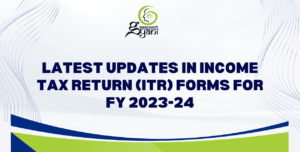
Tax Implications for Resident But Not Ordinarily Resident (RNOR) Citizens in India
Understanding RNOR Status
The Resident but Not Ordinarily Resident (RNOR) classification is a distinct tax status in India, offering specific tax benefits. It applies to individuals meeting certain residency criteria under the Indian Income Tax Act. This status impacts how income earned both in India and abroad is taxed.
Criteria for RNOR Status
An individual is classified as RNOR if they meet either of the following conditions:
- They were a non-resident in India for 9 out of the 10 preceding financial years.
- They spent 729 days or less in India during the 7 years preceding the relevant financial year.
Example:
Mr. Shah, an Indian citizen, moved abroad in FY 2015-16 for employment and returned to India temporarily in FY 2020-21. To determine his RNOR status for FY 2021-22:
- He was a non-resident for 9 out of the 10 preceding years (FY 2011-12 to FY 2020-21).
- He stayed in India for only 600 days in the last 7 years (FY 2014-15 to FY 2020-21).
Since Mr. Shah meets both conditions, he qualifies as an RNOR for FY 2021-22.
Taxability of Income for RNOR Citizens
- Income Earned in India:
RNOR individuals are taxed on income earned or received in India, including:- Salary
- Rental income
- Capital gains from Indian assets
- Interest income from Indian sources
- Income Earned Abroad:
Income earned outside India, such as:- Foreign salary
- Income from overseas investments
- Capital gains from foreign assets
is not taxable in India for RNOR citizens.
- Taxation of Foreign Assets:
Income from foreign assets (e.g., bank accounts, properties, investments) is exempt from Indian taxation for RNOR individuals. - Tax Deductions and Exemptions:
RNOR citizens can avail deductions under the Indian Income Tax Act, including:- Section 80C: Investments in Provident Fund, ELSS, etc.
- Section 80D: Medical insurance premiums
- Section 80TTA: Interest on savings accounts
- Retirement Benefits:
Pensions from previous overseas employment are generally non-taxable in India. However, income generated from such funds, if reinvested in India, may be taxed.
Planning for RNOR Status
- Investment Planning:
Optimize tax savings by investing in tax-efficient instruments in both India and abroad. - Residency Planning:
Carefully monitor the duration of stay in India to maintain RNOR status. - Consulting Tax Experts:
Due to the complexities of tax regulations, seeking expert advice ensures proper compliance and effective tax planning.
Conclusion
RNOR status offers significant tax benefits, especially for individuals who have recently returned to India. It allows them to enjoy exemptions on foreign income while ensuring compliance with Indian tax laws.
At Gyani Advisory, we specialize in providing tailored tax solutions for RNOR and NRI clients. Our expertise covers all aspects of income tax and FEMA compliance, ensuring that our clients benefit from optimized financial strategies and full regulatory adherence. Contact us for expert guidance and comprehensive tax planning services.






